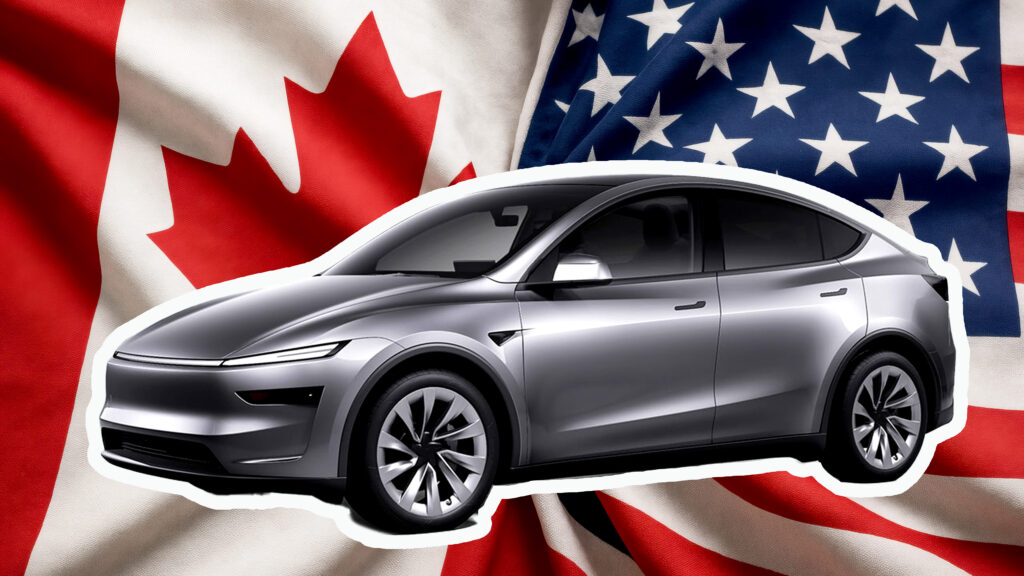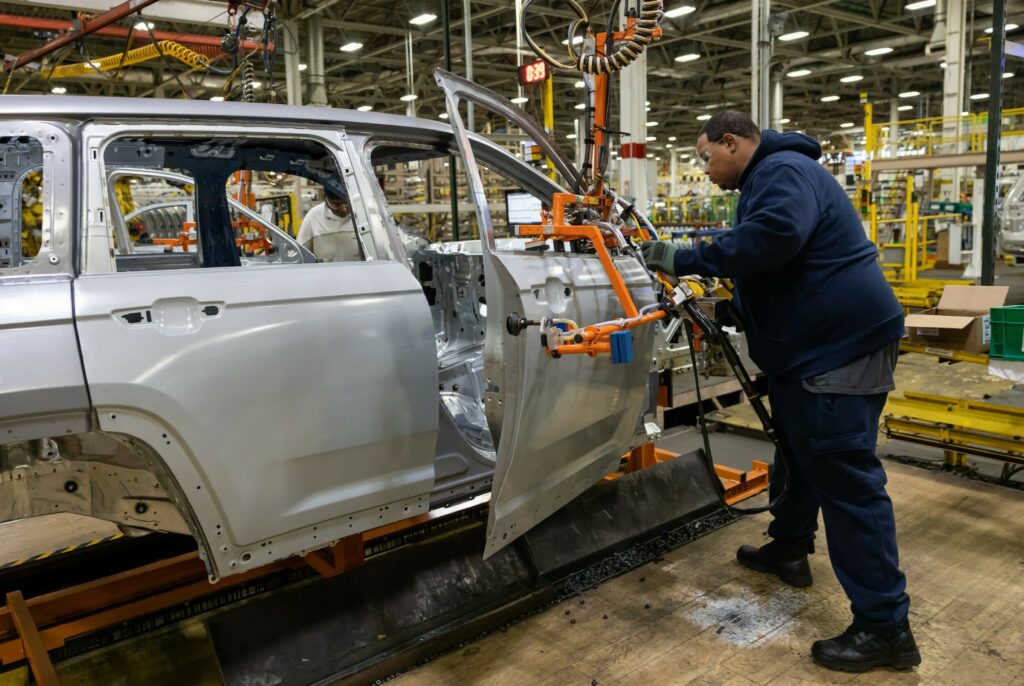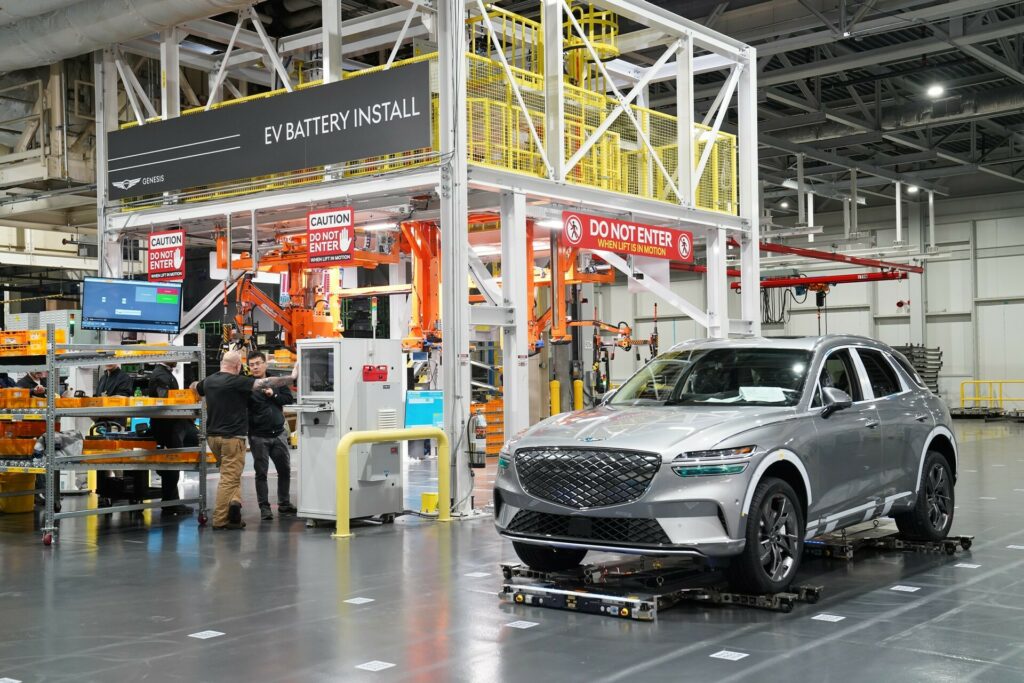
- Canada imposes 25 percent tariff targeting US-built cars that violate USMCA trade rules.
- Officials aim to protect domestic auto jobs while pressuring US trade negotiators hard.
- Mexico-built vehicles and parts are excluded from Canada’s counter-tariff for strategic reasons.
Trade tensions between the US and Canada just stepped up a gear—again. As of today, Canada has introduced a 25 percent tariff on cars imported from the United States, marking a significant escalation in the ongoing economic standoff between the two countries. This isn’t just tit-for-tat politics, though. Canada’s approach is more selective and strategic, aiming to send a message without setting the entire auto industry on fire.
var adpushup = window.adpushup = window.adpushup || {que:[]};
adpushup.que.push(function() {
if (adpushup.config.platform !== “DESKTOP”){
adpushup.triggerAd(“0f7e3106-c4d6-4db4-8135-c508879a76f8”);
} else {
adpushup.triggerAd(“82503191-e1d1-435a-874f-9c78a2a54a2f”);
}
});
Read: The Real Victims Of Trump’s Tariffs Might Be American Carmakers Themselves
“Canada continues to respond forcefully to all unwarranted and unreasonable tariffs imposed by the U.S. on Canadian products,” Finance Minister François-Philippe Champagne said in a statement. “The government is firmly committed to getting these U.S. tariffs removed as soon as possible, and will protect Canada’s workers, businesses, economy, and industry.”
Targeted Tariffs, Not Blanket Retaliation
Canada’s plan to get those tariffs removed is to impose its own. Specifically, a new 25 percent tariff is now in place against cars from the US. It’s more strategic than just a blanket tariff, though. Instead, it targets vehicles that aren’t compliant with the Canada-U.S.-Mexico agreement. In addition, those that do comply will still be subject to the tariff if they have parts not from Mexico or Canada.
“What we advised the prime minister was ‘keep parts out of this for now,’” Flavio Volpe, who leads the Automotive Parts Manufacturers’ Association in Canada, told CNBC on Tuesday. “We also insisted that if you’re going to do counter tariffs, make sure you’re targeting American. Don’t by accident or by omission hurt our Mexican sources, partners. Nobody wants to do this … but Canada has to respond.”

All of this seems a bit ironic considering that Trump himself negotiated the USMCA deal, which he is now opposing. Canada appears willing to create a lifeline for some automakers. It’s working on a ‘remission framework’ that would incentivize Canadian production by potentially lightening the tariff penalty. Interestingly, Canada’s labor union is in stark disagreement with the UAW in America about the entire situation.
“There is absolutely no justification for the United States to impose tariffs on Canadian vehicles. Canada did not start this trade war, but we have no choice but to fight. We refuse to back down and sacrifice Canada’s auto jobs and industry on Donald Trump’s alter,” said Unifor National President Lana Payne.
For now, the duration and impact of this trade clash remain unclear. But one thing appears to be certain: Canada is signaling it won’t simply stand by while tariffs take aim at its auto sector, and it’s prepared to strike back where it counts.
var adpushup = window.adpushup = window.adpushup || {que:[]};
adpushup.que.push(function() {
if (adpushup.config.platform !== “DESKTOP”){
adpushup.triggerAd(“bb7964e9-07de-4b06-a83e-ead35079d53c”);
} else {
adpushup.triggerAd(“9b1169d9-7a89-4971-a77f-1397f7588751”);
}
});
